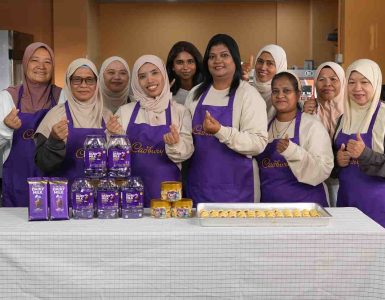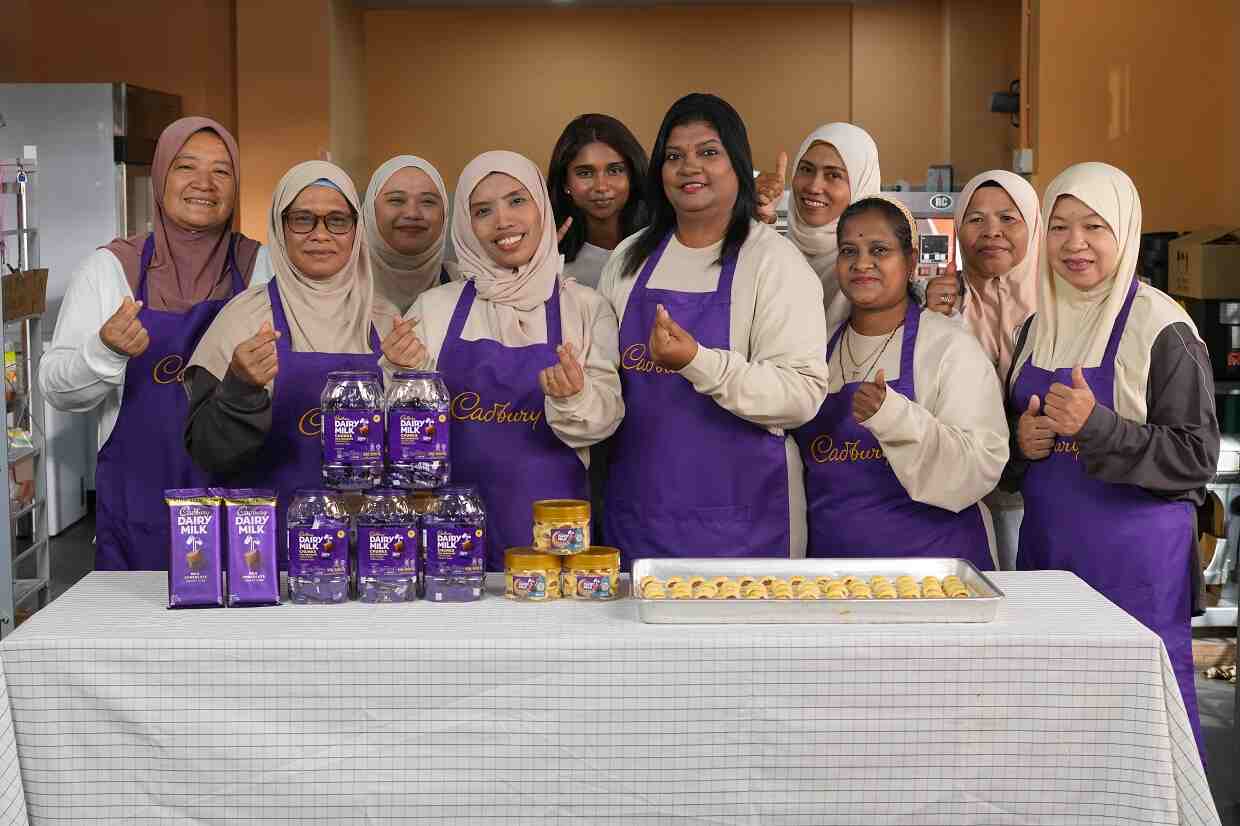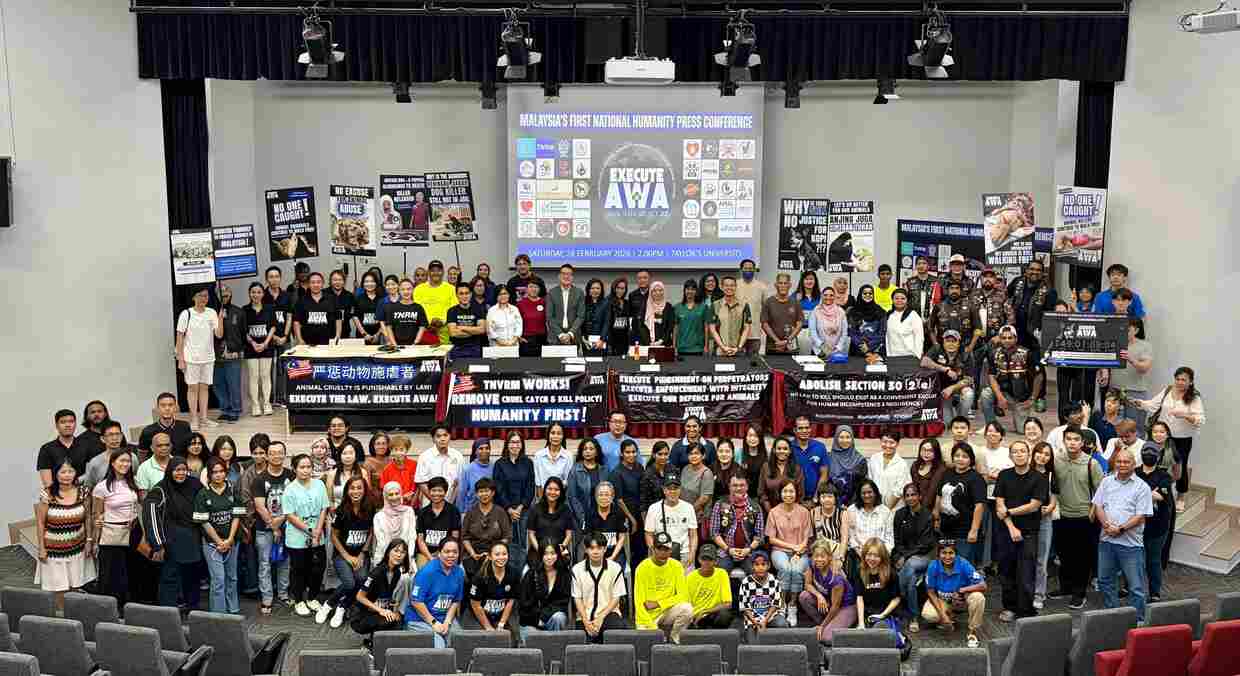Several months ago, Malacca was declared a ‘developed state’ by no less than Chief Minister Mohd Ali Rustam.
C Ragunathan begs to differ.

It was only five years ago that Ragunathan got electricity supply to his house, after he spent around RM 30,000 to legally set up his own electrical post and extended the wiring for about 2 kilometers.
But his household of more than 10 still does not have access to running water. Ragunathan, a father of three, said water is now taken from a nine-metre deep pond in the backyard, while drinking water is drawn from a well.
“I still call the author
“They (the authorities) can say that they won’t provide these amenities because there is hardly anyone living here, but aren’t we also people?”
About 20 other landowners still live in the same area. Others have moved away as it is difficult to manage without basic amenities.
With the Merlimau by-election coming up, Ragunathan is hopeful that their problems will be solved.
Earlier this month, the chief minister’s aides visited the area together with energy company Tenaga Nasional Bhd, and promised to address the issues by polling day on March 6.

“My family has 12 votes… we will have to see what happens in the by-election,” said Ragunathan, a self-proclaimed MIC supporter.
Such conditions are by no means unique in rural Malaysia, where many still live without running water and electricity.
In Tenang, where a by-election was held recently, Indian voters made up the smallest percentage of voters, at about 12 percent. Although many live on wages as low as RM400 a month, BN wonwith the help of about 80 percent of the Indian votes.
This could be the reason why the BN government appears to be going all out to win the Indian community’s hearts in Merlimau.
Last week, Education Minister Muhyiddin Yassin attended a ground-breaking ceremony for the new premises of a Tamil school, which locals claim had been promised to them for decades.
Self-made dairy farmer
Ragunathan is only just a little better off than many Indian Malaysian communities living in estates.
His dairy farm, which he started with five cows, is thriving even though he scarcely received help from the government. Several applications for small-enterprise loans (Tekun) came to naught.
“They did sub
He said stagnant milk prices have made it difficult for him to cope with the rising cost of feedstock.
“The government used to give an incentive of 50 sen for ‘AAA’ grade milk, in addition to the price of RM1.50 per litre. Starting this year, it increased the price to RM2 per litre, but took away the incentive.
So, in the end, the price has stayed the same,” he said. Another difficulty for Ragunathan is that estate-owner Sime Darby locks up the perimeter gates at 7pm every night.
This effectively confines the family to their house until 7am the next day, when the gates are opened.
“Sometimes when we need to go out at night, for example when someone is sick, we have to call up the security people and they would have to come and unlock the gate,” he added.
“We can go out on a motorcycle, but when someone is sick, you don’t want to take them out riding pillion.”











